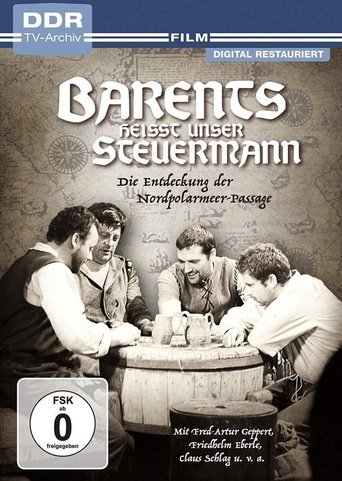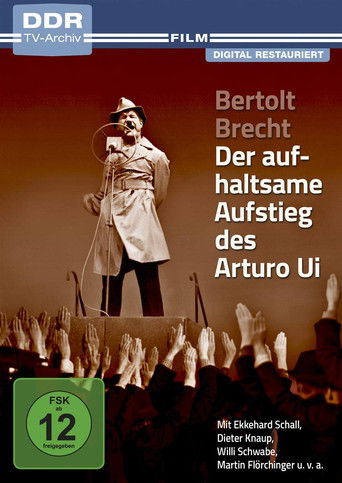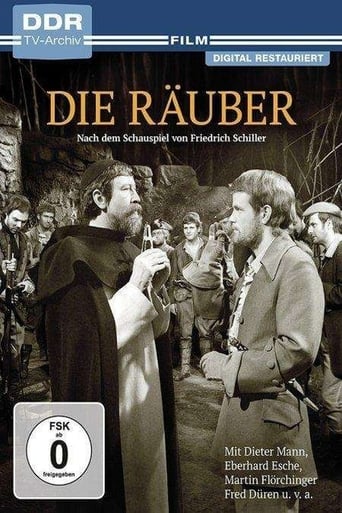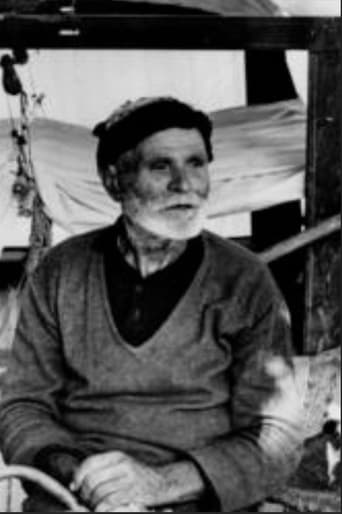Die Ritter der Tafelrunde 1990
Aging Knights of the Round Table confront a fading realm as moral decay and disillusionment spread. King Arthur doubts the Grail quest; Gawain and Lancelot return unchanged or failed. Parzival, now a chronicler, refuses to revive past glories. Meanwhile Arthur’s heir Mordret rejects knighthood and the Grail’s existence…




